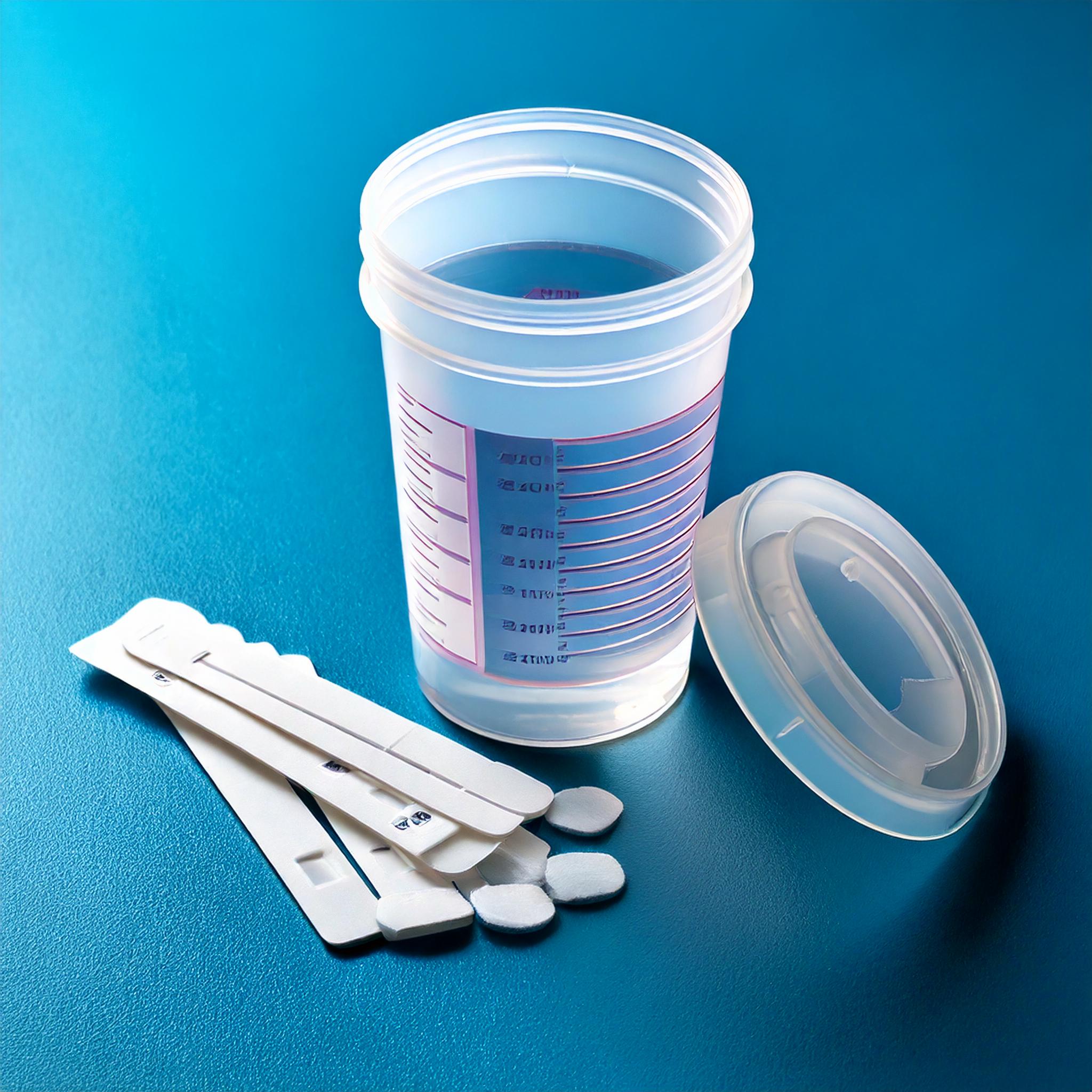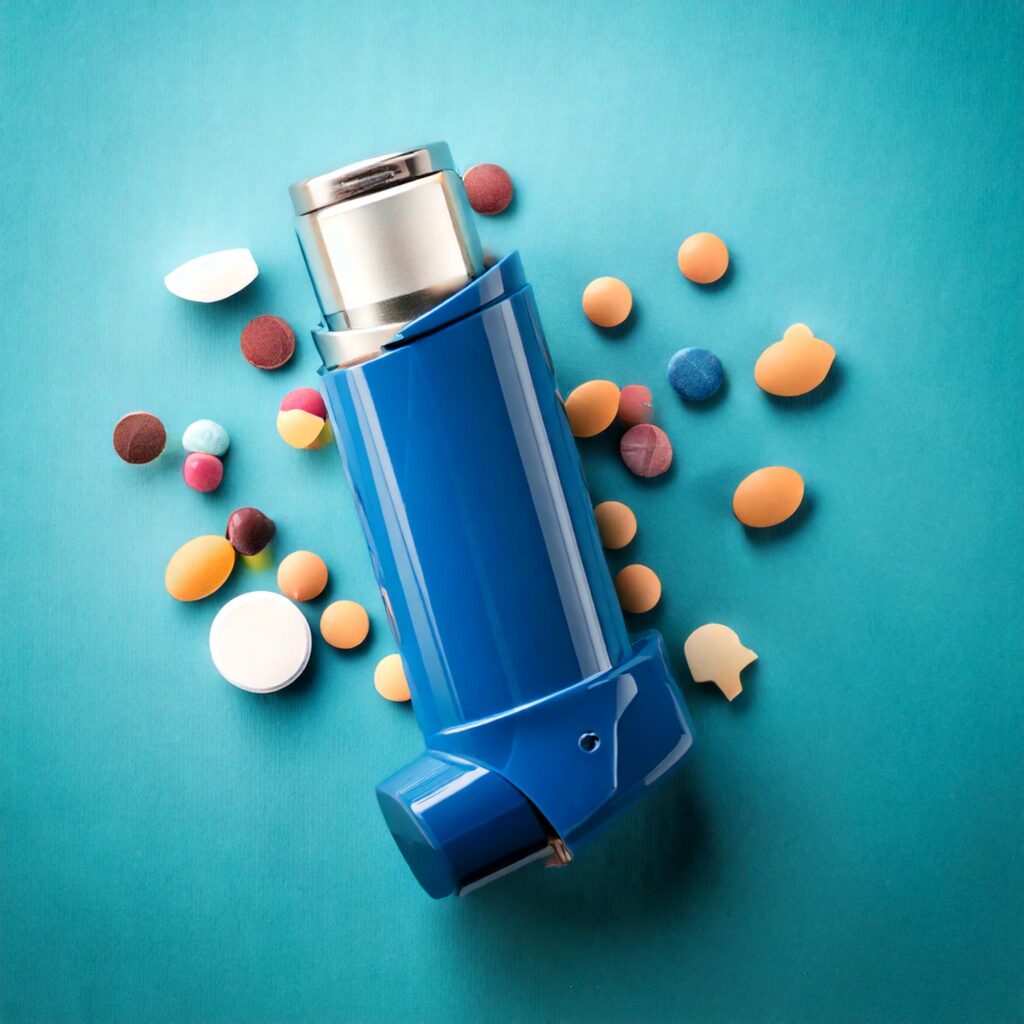
By Debbie Bunch
Daily Urine Tests May Predict COPD Exacerbations
A simple urine test may one day be able to predict a COPD exacerbation, report researchers from the U.K. who published their findings in ERJ Open Research.
The investigators began by analyzing urine samples from 55 COPD patients to look for changes in their urine that occurred right before a deterioration in symptoms. From there, a set of biomarkers was identified that appeared to predict an acute exacerbation.
A dipstick urine test that measures five of those biomarkers was then developed and used to conduct daily urine tests in 105 COPD patients over a six-month period. Patients conducted the tests themselves at home and results were sent to the researchers via their mobile phones.
The investigators used an artificial neural network to examine the samples for changes in the levels of the biomarkers, and the study showed the AI analysis accurately predicted COPD flare-ups about seven days before symptoms of the flare-ups occurred.
“The advantage of sampling urine is that it’s relatively quick and easy for patients to do at home on a daily basis,” said study author Professor Chris Brightling.
The team plans to refine the AI algorithm using data from a larger group of patients, but they believe the daily urine test holds promise for predicting COPD exacerbations before they fully emerge so that patients can get the early treatment, they need to keep those exacerbations from getting worse.
“We hope this will allow us to create AI testing for COPD patients that will learn what is ‘normal’ for each person and forecast a flare up in symptoms,” continued Professor Brightling. “Patients’ care could then be adapted — for example, they might need further testing or treatment, or they might be able to limit their exposure to triggers like pollution or pollen.” Read Press Release Read Abstract

Diabetes Drugs Lower Risk for Asthma Attacks
Two common diabetes drugs significantly reduced asthma attacks among 12,702 type 2 diabetes patients who also had asthma and were taking part in a study conducted by researchers from Imperial College London.
Overall, the drug metformin cut the odds of an asthma attack by 30%. Drugs in the newer GLP-1 class dropped the odds of having an attack by another 40% when prescribed as an add-on therapy to metformin.
Interestingly, the drugs worked regardless of the effect they had on the patient’s blood sugar levels or weight.
The researchers credit the anti-inflammatory effects of the drugs for reducing the risk of asthma attacks, noting that metformin also appears to reverse some of the airway changes and hyperresponsiveness seen in those with asthma.
The GLP-1 drugs have the same effect through their effect on cellular receptors in the lungs, which are the same cellular receptors the drugs work on in the brain.
“The results of this cohort study suggest that metformin was associated with a lower rate of asthma attacks, with further reductions with the use of GLP-1RA,” wrote the investigators. “This appeared to be associated with mechanisms other than through glycemic control or weight loss and occurred across asthma phenotypes.”
The study was published by JAMA Open Network. Read Article Read Abstract

ICS-Formoterol vs. ICS-SABA
A meta-analysis published by JAMA suggests anti-inflammatory reliever treatments with ICS-formoterol and ICS-SABA, combined or in separate inhalers, significantly reduce the risk of severe complications in people with asthma.
The study was spurred by the recent FDA approval of ICS-SABA, which has caused some confusion about the preferred reliever for asthma patients since current guidelines recommend ICS-formoterol over SABA alone.
The investigators conducted a systematic search of the literature, ultimately including 27 unique randomized controlled trials (RCTs) involving 50,496 patients, 41% male, with a mean age of 41 years and a median duration of treatment of 26 weeks, in their analysis. Two trials focused on patients aged 18 and younger.
Among the findings:
- Compared with SABA alone, both ICS-containing relievers were associated with fewer severe exacerbations.
- Compared with SABA alone, both ICS-containing relievers were associated with improved asthma control.
- In an indirect comparison with ICS-SABA, ICS-formoterol was associated with fewer severe exacerbations.
- Compared with SABA alone, ICS-formoterol and ICS-SABA were not associated with increased risk of serious adverse events.
The authors concluded, “In this network meta-analysis of patients with asthma, ICS combined with formoterol and ICS combined with SABA were each associated with reduced asthma exacerbations and improved asthma control compared with SABA alone.” Read Article Read Abstract








